Print Network / Centre for Printing History & Culture Annual Conference
CALL FOR PAPERS
The shift in book history studies in the past forty years is our theme. In the 1980s the model of ‘centre and periphery’ was used as a spatial metaphor for the relationship between established centres of book production and their wider markets. It was the organizing principle behind the construction of the British Book Trade Index [BBTI] and the series of annual seminars on the provincial trade which became Print Networks. In the 2000s the focus of research shifted to a ‘networks’ model, highlighting the connections of people, trade and distribution within and across regions and nations.
Our 2025 conference is an opportunity to remember and reflect on the work of two people:
Peter Isaac (1921–2002), whose research into the history of the book trades in the North and provincial printing, especially in the North-east, led him to create the BBTI in 1983.
John Hinks (1946–2024), one of the team developing BBTI as an online resource in Birmingham in 2002–5. John’s particular interests were in the Leicestershire trade and regional networks of printers, publishers and booksellers.
The conference theme may be interpreted widely and could include, but is not limited to:
• Family trade networks within or across regions;
• Geographical movement of apprentices, printers, booksellers, and printed material;
• The ‘reach’ of centres of production;
• Power and the regulation of print;
• Local communities of authors and/or readers;
• Local access to books, newspapers and printed matter;
• Books across borders and boundaries;
• The provincial or regional book trade as an economic entity;
• Distribution systems: shops, market stalls, fairs, and itinerant traders;
• Stock lists and inventories;
• Subscribers’ networks and connections;
• Competition and co-operation in the book trade;
• Mapping and revealing networks;
• Changing conceptual models for research: ‘provincial’, ‘regional’, ‘national’.
Papers should focus on Great Britain and Ireland and proposals on all periods of print from early modern to the present are welcome. Papers relating to the Midlands will be particularly appropriate.
How to apply Proposals for papers of twenty minutes and for themed panels of three or more speakers are invited. Forms of presentation other than papers are also welcome, such as performance, film, artefacts and displays. Abstracts of 300 words should be accompanied by brief biographies and sent to Caroline Archer-Parré by 31 January 2025. It is understood that papers offered to the conference will be original work and will not have been previously delivered to any similar conference or published elsewhere.
Publication Papers will be considered for publication in either Publishing History or a future volume of the Centre for Printing History & Culture [CPHC] series, ‘Printing History and Culture’, published by Peter Lang Ltd.
Postgraduate fellowship A postgraduate fellowship, covering the cost of attending the conference and some assistance towards travel within the UK, is awarded to a student whose proposal for a paper fits the conference brief. Applicants’ abstracts should be accompanied by a summary of the research being undertaken and a letter of recommendation from their supervisor. Applications for the postgraduate fellowship should be submitted by 31 January 2025 and sent to Caroline Archer-Parré.
The venue Winterbourne House & Garden is a rare surviving example of an early twentieth-century suburban villa and garden. The house was built in 1903 for John and Margaret Nettlefold, and the garden was designed by Margaret, inspired by the books and garden designs of Gertrude Jekyll. In 1944 Winterbourne was bequeathed to the University of Birmingham and the garden became the University’s Botanic Garden. New areas for teaching and plant conservation were developed within the historic layout, and the garden was Grade II listed by English Heritage in 2008. In 2024 ALL.com ranked Winterbourne as one of most beautiful gardens in Europe, second only to the National Trust’s Bodnant Garden. Winterbourne is also home to both the Typographic Library, which holds an excellent collection of books, journals, magazines, type specimens and other typographic ephemera, and the Winterbourne Press, which maintains several nineteenth-century printing presses which are now used for workshops, demonstrations and for making cards and bags sold in Winterbourne’s gift shop. Both the house with its many Arts and Crafts features and the extensive gardens are open to the public.
Conference fee The conference fee will include admission to all talks, lunch and refreshments, drinks’ reception, admission to Winterbourne House & Garden for the duration of the event including the Winterbourne Press and the Typographic Library.

